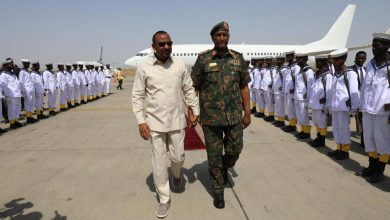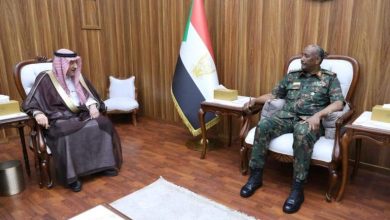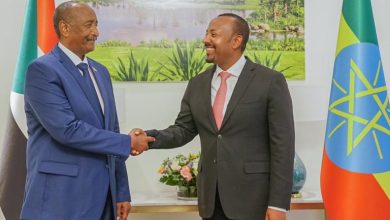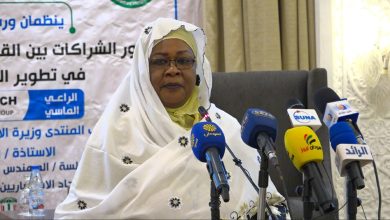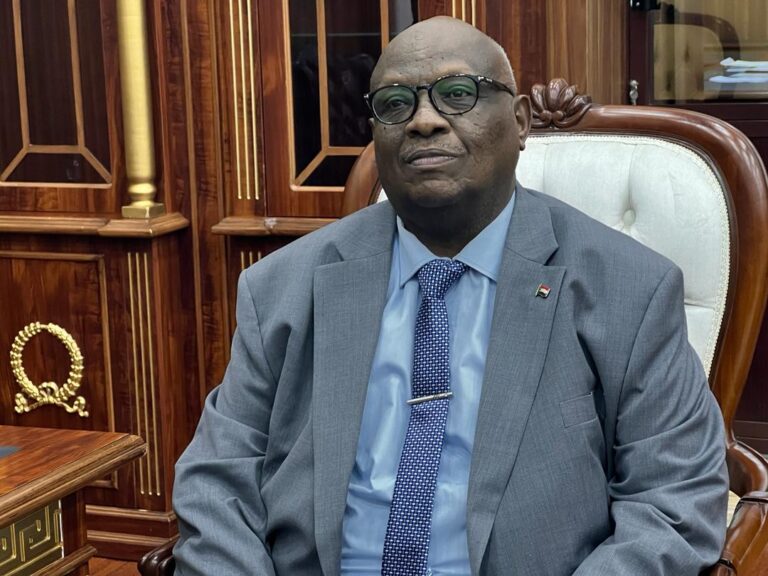
Almohagig – Mariam Abashar
Sudan’s Minister of Justice, Mouawiya Othman Mohamed Khair, revealed Sudan’s rejection of forming an international fact-finding committee demanded by what he described as “spoiler voices” in the Human Rights Council. The minister told (Almohagig) from Geneva that Sudan informed the council that it had formed a national investigation committee to inquire into the crimes and violations committed by the Rapid Support Forces militia. The committee has made progress in verifying, investigating, and referring some cases to the courts, noting that the committee currently has six thousand complaints. He said, “We have emphasised the integrity and fairness of the Sudanese judiciary and its ability to prosecute all perpetrators of crimes.”
The minister added that during the high-level session and the regular open session of the council in its 55th session, he presented Sudan’s statement, which reviewed the human rights situation in the country, adding: “We emphasised in the statement our condemnation of the crimes committed by the Rapid Support Forces rebels and the flagrant violations of human rights and international law.” He pointed out that the militia committed the worst types of violations, including ethnic cleansing, genocide, looting of citizens’ money and property, obstructing the delivery of humanitarian aid, hindering the work of humanitarian organisations, and renouncing the Jeddah agreement signed in May last year, in addition to recruiting children.
In this regard, the minister noted that the Sudanese armed forces recently handed over 30 children recruited by the militia to the International Committee of the Red Cross. The minister continued, “We have demanded the classification of the militia as a terrorist group, as it has met all international criteria for such classification.”
Minister Mouawiya also pointed out that Sudan’s proposals in its statement were welcomed, especially by Arab and African groups.


